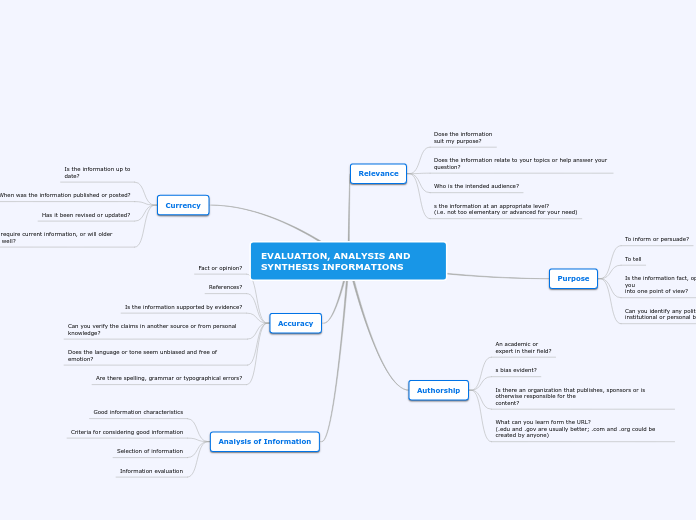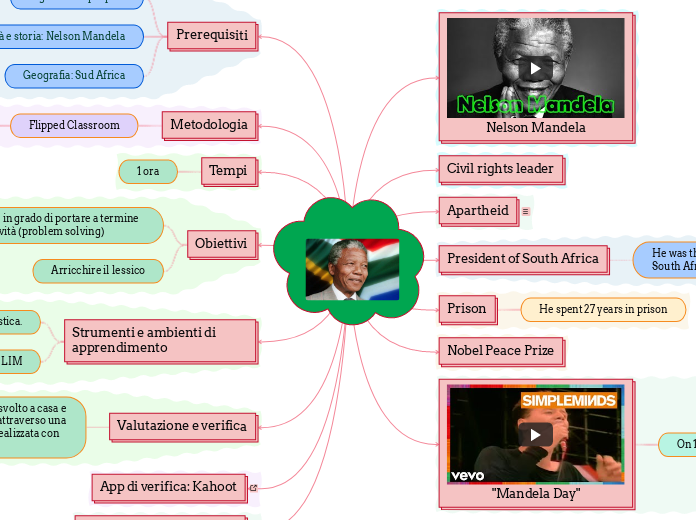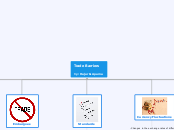a Rosalie Raino Kasi 5 éve
231
EVALUATION, ANALYSIS AND SYNTHESIS INFORMATIONS
When evaluating information, it is crucial to consider several key criteria to determine its quality and reliability. The purpose of the information should be identified to uncover any potential biases, whether political, ideological, cultural, religious, or personal.









